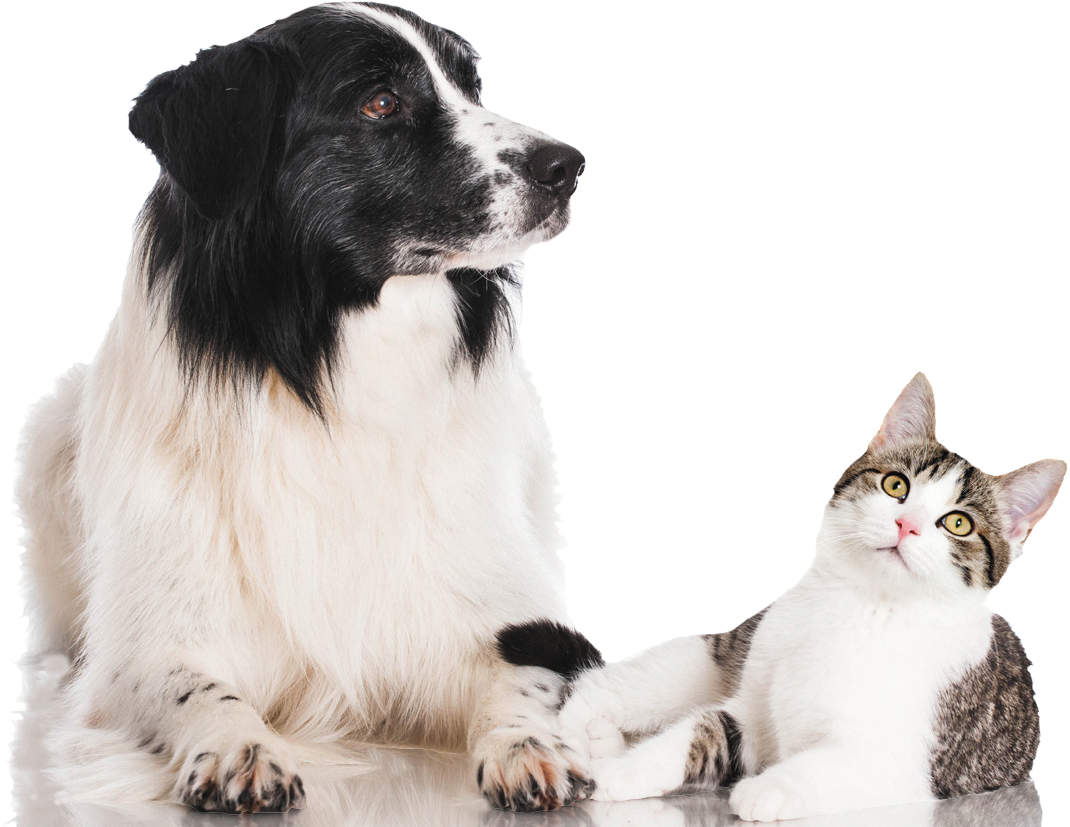Desexing dogs and cats
We encourage all animal owners to desex their pets. Desexing your pet can lead to many behavioural and welfare benefits.
Mandatory desexing for cats
Cats must be desexed prior to being registered as per Council orders (page 2987) given on 8 November 2011 in accordance with section 10A of the Domestic Animals Act 1994.
Desexing dogs before 3 months of age
Your vet may advise that your dog cannot be desexed before 3 months of age. You can register an undesexed dog under 8 months of age at the reduced desexed rate for the first registration period only. Once your dog has been desexed, you will need to update your animal registration with proof of desexing to continue receiving this rate. The maximum registration fee will apply for registration of undesexed dogs over 8 months of age.
Update your desexing information
Desexing exemptions
You may apply for a desexing exemption if:
- The dog or cat is used for breeding purposes in a domestic animal business.
- You and your pet are registered with an applicable animal organisation.
- It is a dangerous dog kept as a guard dog for non-residential premises. Full registration fees apply.
- A dangerous dog that has undergone protection training in accordance with any relevant code of practice.
- Your vet has supplied written advice that the desexing of your cat will adversely affect the health of the animal.
The benefits of desexing female pets
Desexing female pets:
- Decreases the chances of developing mammary cancer, especially when done before your pet's first heat. Mammary cancer is fatal in 90% of cats and 50% of dogs.
- Decreases the chances of infections of the uterus, which can be life-threatening.
- Decreases the chances of developing cystic ovaries or uterine cancer.
- Decreases the desire to roam, which can result in unfortunate situations like getting lost, or hit by a car.
- Prevents animals coming on heat, which can be messy and pose behavioural problems such as calling in queens.
The benefits of desexing male pets
Desexing male pets:
- Decreases the desire to roam, which can result in unfortunate situations like getting lost, or hit by a car.
- Decreased aggression, which can be a danger to humans, and increase the likelihood of fights between animals which risks injury or transfer of diseases.
- Decreases the chances of cancers including prostate cancer, testicular cancer and peri-anal cancer.
- Prevents tom cats from urine spraying.
For more information about the benefits of desexing your animal, go to the Victoria State Government website.
